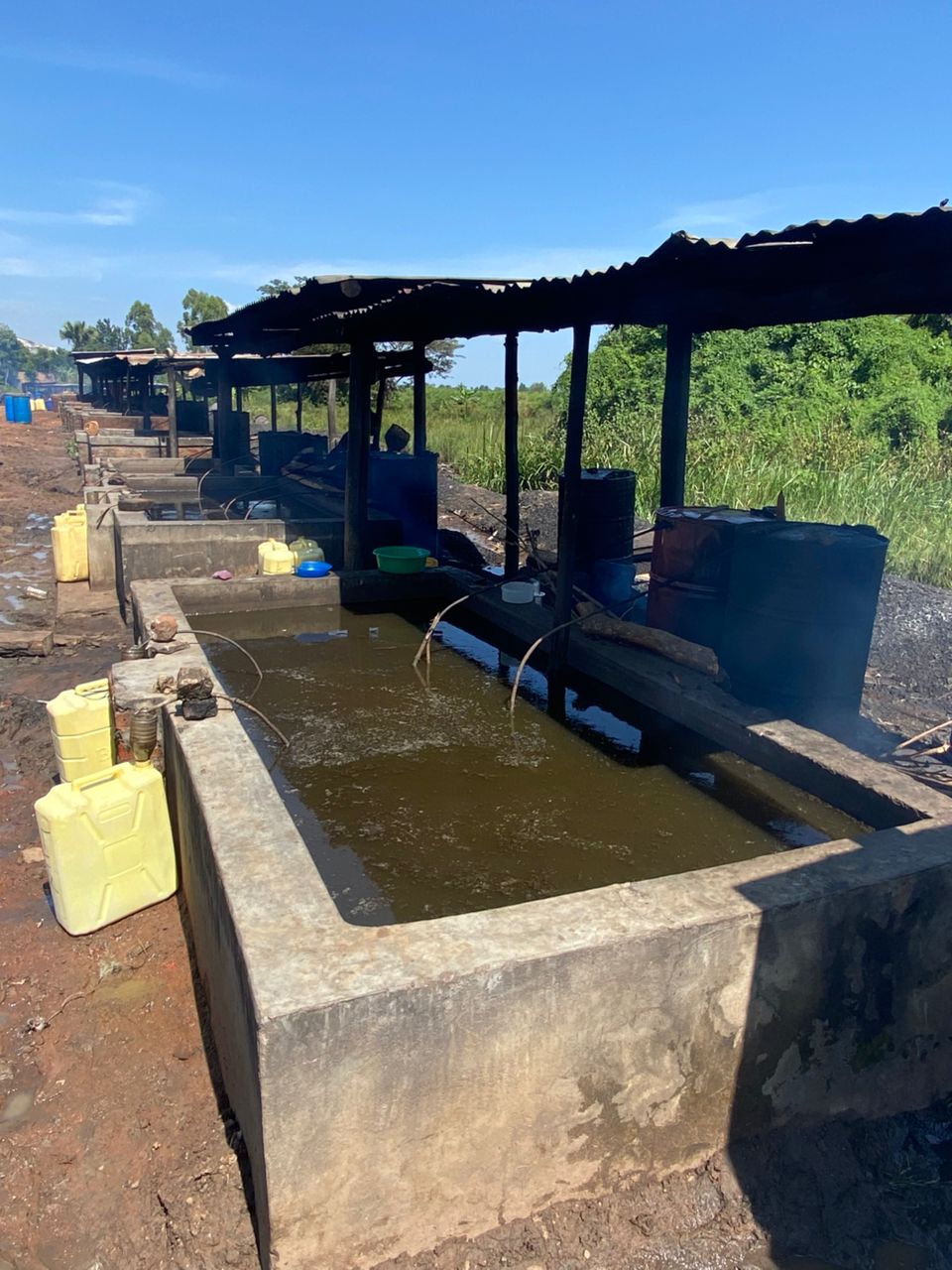
 Voice of Lango
Voice of Lango

 Voice of Lango
Voice of Lango
19 November 2025, 6:26 pm
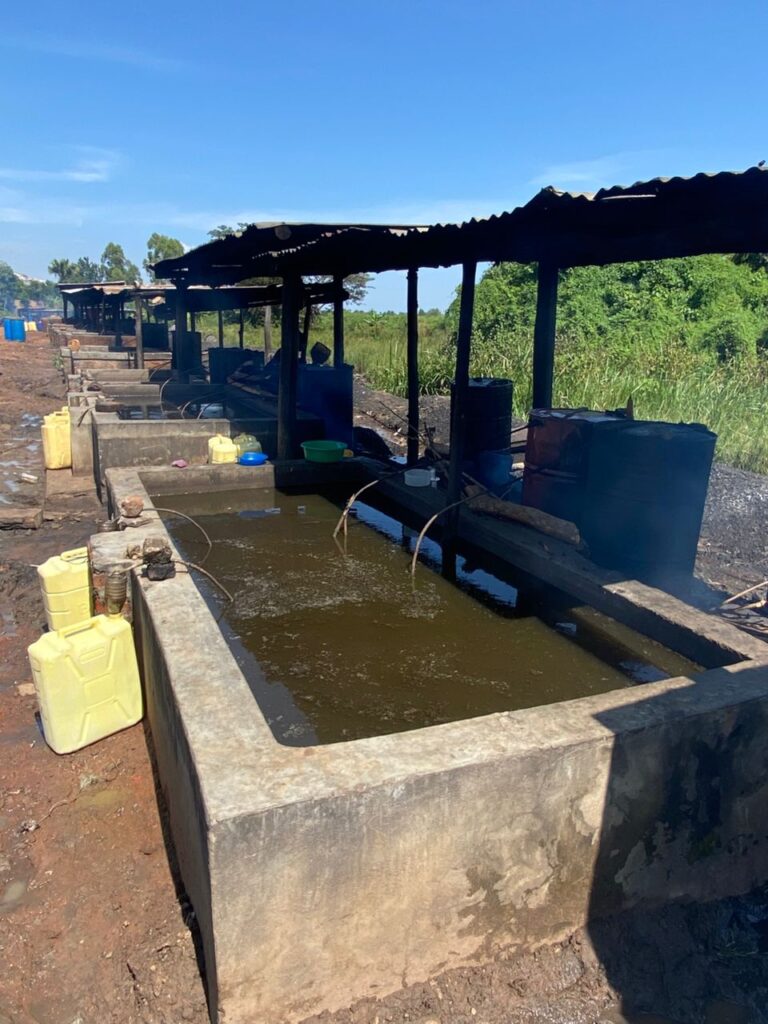
By Oyugi Emmanuel
A group of 30 women in Ngetta and Ayago wards, Lira City East Division, who are involved in local brew production, have championed efforts to save the degrading Okole Wetland from pollutants caused by poor waste disposal.
With support from Global Forum for Development (GLOFORD) under a project called “Her Voice,” the women underwent two years of training to turn the by-products of molasses used to produce a local brew, known in Lango locally as dete, into organic agricultural fertilizers.
This climate-smart initiative aims to curb the long-standing practice of dumping waste directly into the wetland.
The women said that through the training, they have been able to protect the wetland from environmental contaminants generated by their activities.

They say that the fertilizers produced from molasses by-products has supported sustainable agricultural production, improved household food security, and helped safeguard the wetland from pollution.
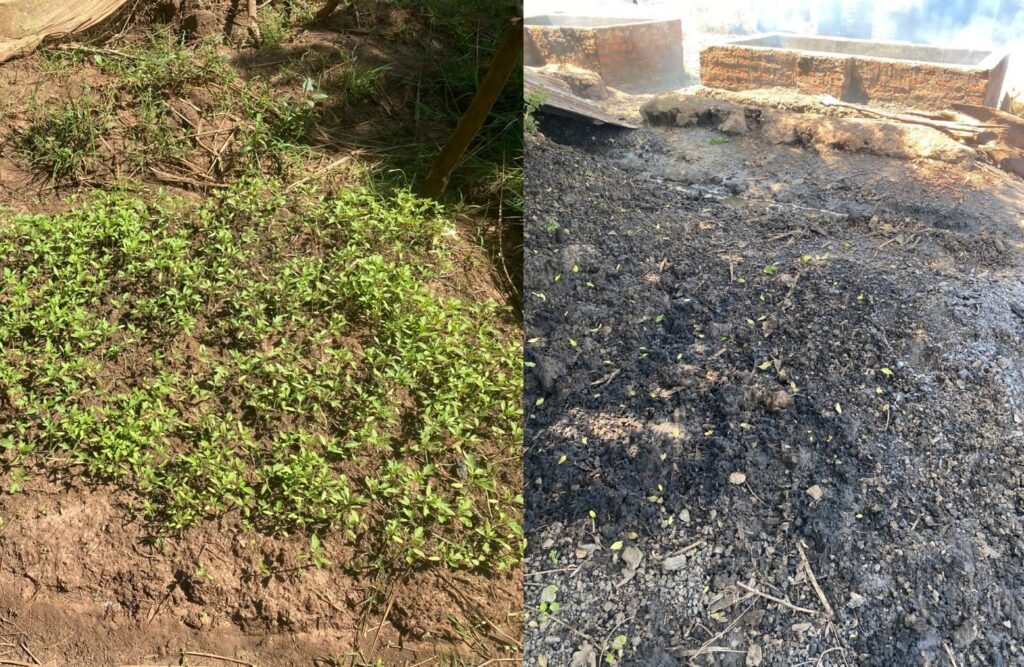
However, they expressed concern that improper disposal of molasses by-products may continue at Okole Wetland, as there is no designated dumping site, and some locals are resistant to adopting environmentally friendly practices.
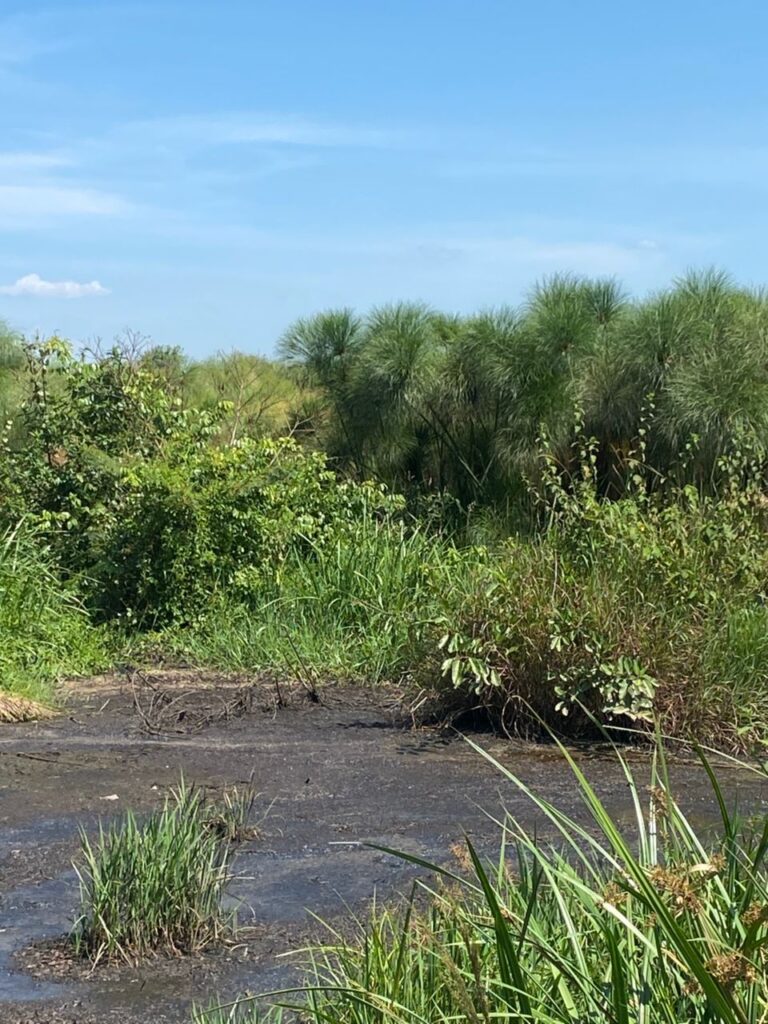
They called on Lira City Council to implement strict measures to ensure proper waste management around the wetland.
Presiding over the closure of ‘Her Voice project’ at Happy Heavens Children’s Park, Lira City Deputy Town Clerk Lillian Ocare said the City leadership has increased funding to enforce environmental regulations, curb wetland misuse, and raise community awareness on the impacts of wetland degradation.
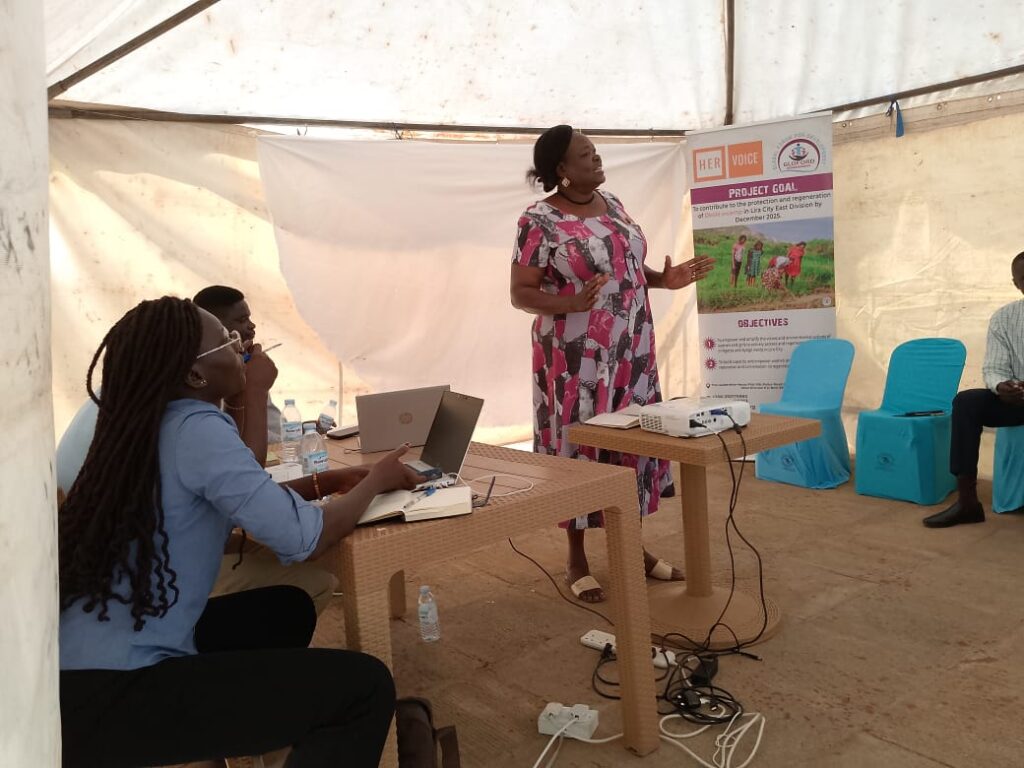
She urged leaders to develop alternative livelihood projects for those encroaching on wetlands in order to protect biodiversity.
Benedict Arebo, a research expert at GLOFORD, said a survey conducted among residents around Okole Wetland showed that 98.9% of them acknowledged widespread agricultural encroachment and waste dumping.
He also noted evidence of poor air quality in the area, caused by pollution.
Arebo highlighted that wetland misuse contributes to reduced rainfall, destruction of aquatic species, and increased flooding.
He revealed that by 2011, Okole Wetland coverage had declined to 46%, while wetlands nationally now cover only 15% of Uganda’s land area.
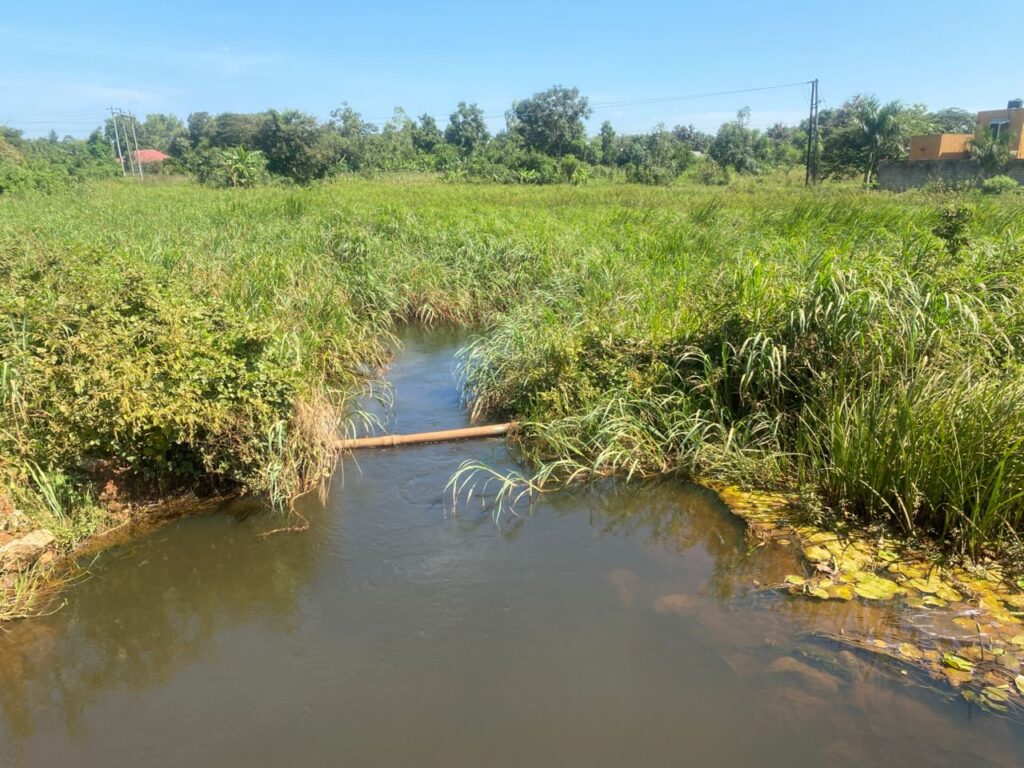
An environmental officer from the National Environmental Management Authority (NEMA), Sabila Sylas, called for collective action to preserve wetlands.
Sabila said NEMA is currently collaborating with the Uganda People’s Defence Forces to enforce environmental regulations and prevent wetland encroachment.
Project Manager of the Her Voice project, Grace Openyo, said the women were sensitized on environmental regulations and trained to manage waste from their local brewing activities, thereby protecting Okole Wetland’s ecosystem from harmful dumping.

Openyo added that the initiative has already improved sanitation, hygiene, and wetland protection.
She said follow-up plans are in place to support the women and link them with Lira City East Division leadership for continued guidance.
Lira City Communications Officer, Okello Robert Ayo, said the council has drafted a waste management ordinance that has been forwarded to the Attorney General for approval.
He expressed hope that once the ordinance is enacted, it will strengthen waste management practices in the City and help protect the environment.